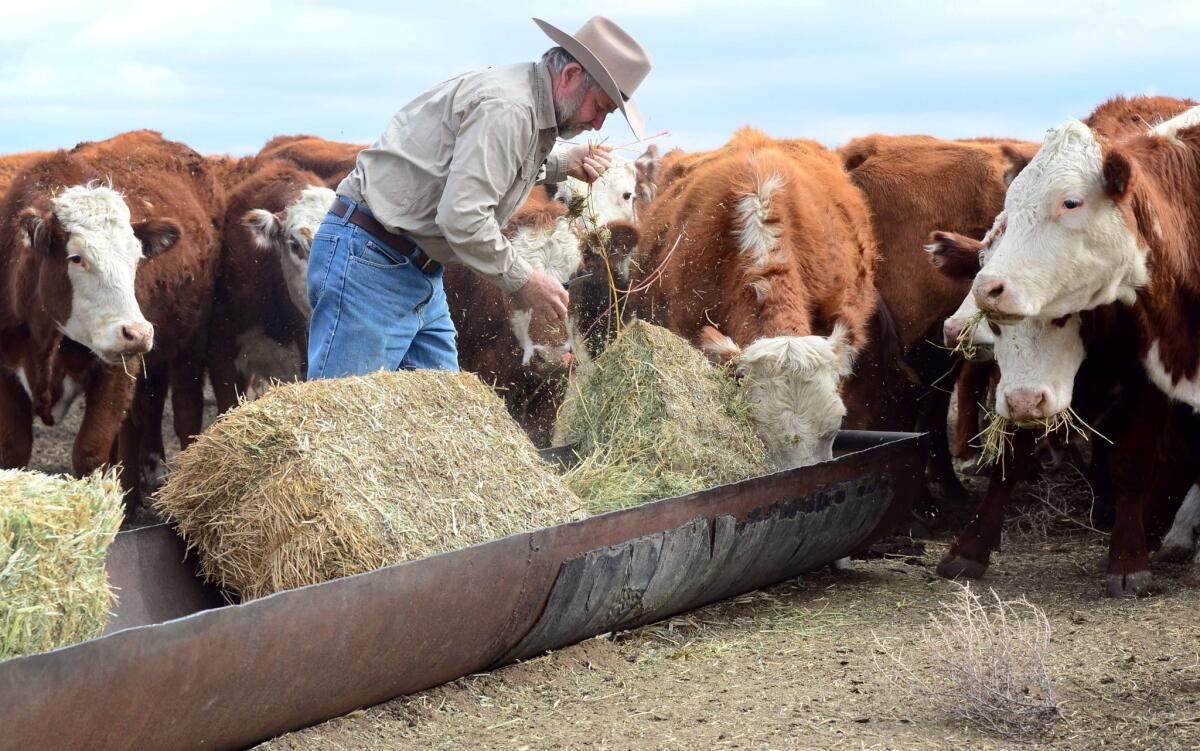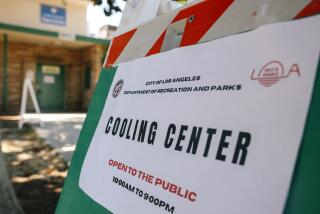USDA to open sites to help farmers, ranchers cope with climate change

WASHINGTON--The Obama administration has selected the locations for seven new regional centers that will help farmers and ranchers adjust to the increasing risks and extreme weather associated with climate change.
Agriculture Secretary Tom Vilsack will announce the sites Wednesday, according to a White House official. President Obama unveiled the program this summer as part of his broader plan to address global warming.
The centers, which the Agriculture Department calls climate hubs, will link local agriculture producers with universities, industry groups, state governments and federal agencies such as the Department of Interior and the National Oceanic and Atmospheric Administration. The goal is to help producers better anticipate and adapt to the increasing risk of fire, pests, flooding and droughts connected with climate change, according to an official, who would not be named discussing the plans before the formal announcement.
The climate hubs will be located in Ames, Iowa; Durham, N.H.; Raleigh, N.C.; Fort Collins, Colo.; El Reno, Okla.; Corvallis, Ore.; and Las Cruces, N.M.. Three “sub-hubs” focused on narrower issues related to specific crops will be established in Houghton, Mich.; Rio Piedras, Puerto Rico; and Davis, Calif. They were chosen though a competition organized by the USDA.
In a statement set for release Wednesday, Vilsack noted that farmers already were seeing the impact of shifts in the climate. The growing season in the Midwest is almost two weeks longer than it was in 1950, and fire season is two months longer than it was 30 years ago, according to the USDA.
“For generations, America’s farmers, ranchers and forest landowners have innovated and adapted to challenges,” Vilsack said in the statement.
The climate hub program is “part of our broad commitment to developing the next generation of climate solutions, so that our agricultural leaders have the modern technologies and tools they need to adapt and succeed in the face of a changing climate.”
kathleen.hennessey@latimes.com
Twitter: @khennessey
More to Read
Sign up for Essential California
The most important California stories and recommendations in your inbox every morning.
You may occasionally receive promotional content from the Los Angeles Times.











